Professor Lingjun Li and lab members reveal the crucial role of neuropeptides in cocaine addiction, paving the way for novel therapies.
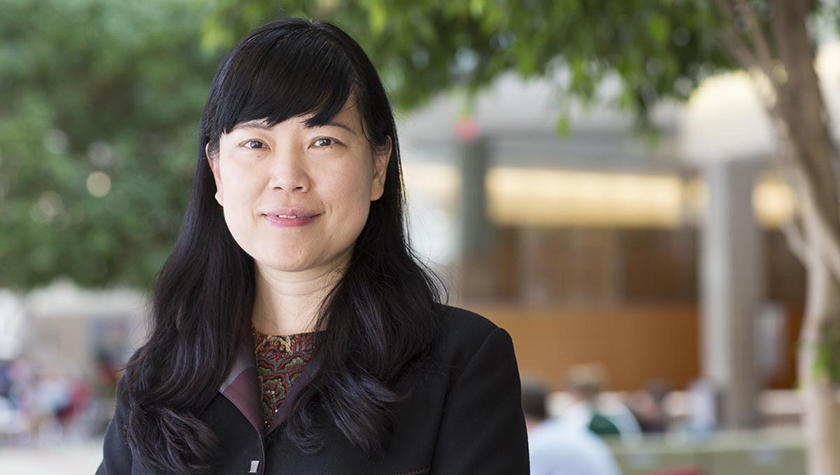

Professor Lingjun Li and lab members reveal the crucial role of neuropeptides in cocaine addiction, paving the way for novel therapies.

With support from the NIH, Assistant Professor Quanyin Hu uses a two-step system to attack triple-negative breast cancer.

With V Foundation funding, Assistant Professor Quanyin Hu aims to improve a cancer-killing hydrogel to improve outcomes for pediatric GBM patients.
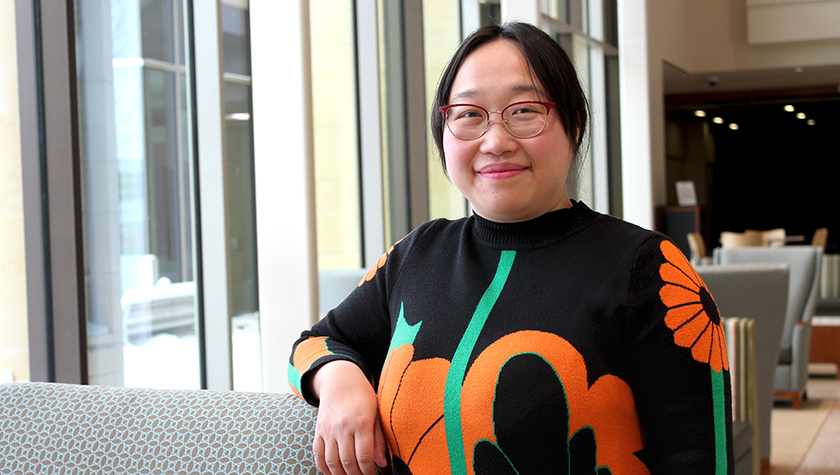
UW researchers find previously unknown links between microbial bile acids and the risk of colon cancer.
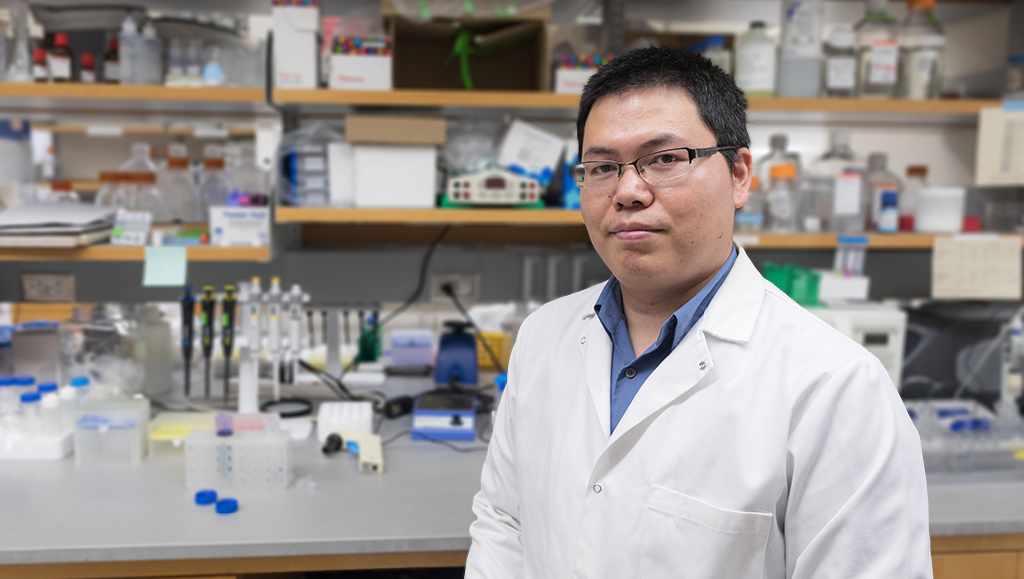
A cutting-edge platform developed by Assistant Professor Quanyin Hu uses protein-degrading platelets to suppress tumor regrowth and bolster immune response after surgery.

Groundbreaking research from School of Pharmacy faculty reveals alarming misuse of OTC medications by older adults and offers a simple solution.

Professors Timothy Bugni, Lingjun Li, and Weiping Tang have received UW–Madison grants to advance their innovative multidisciplinary research.
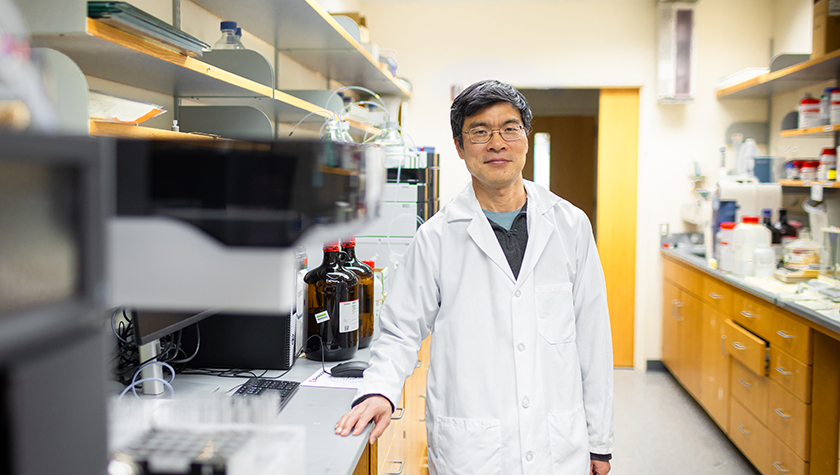
Professor Weiping Tang creates a new type of molecule to tag proteins on the surface of cancer cells for degradation.
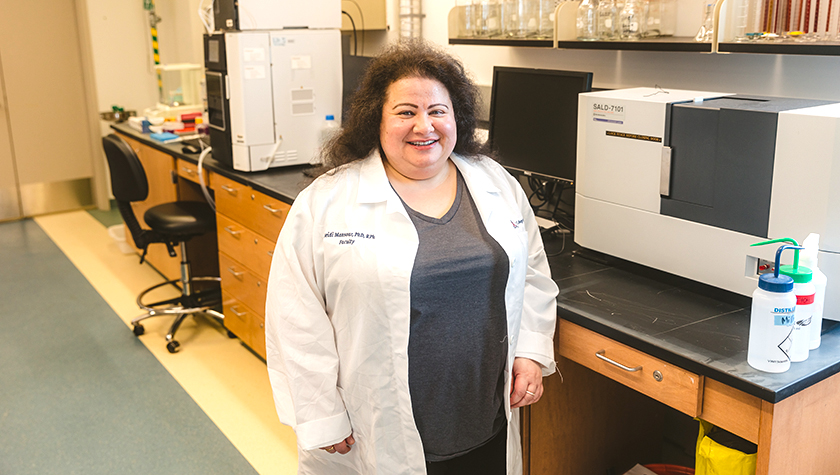
Alumna Heidi Mansour (BS ‘96, PhD ’03), member of the National Academy of Inventors, aims to revolutionize lung and brain drug delivery.
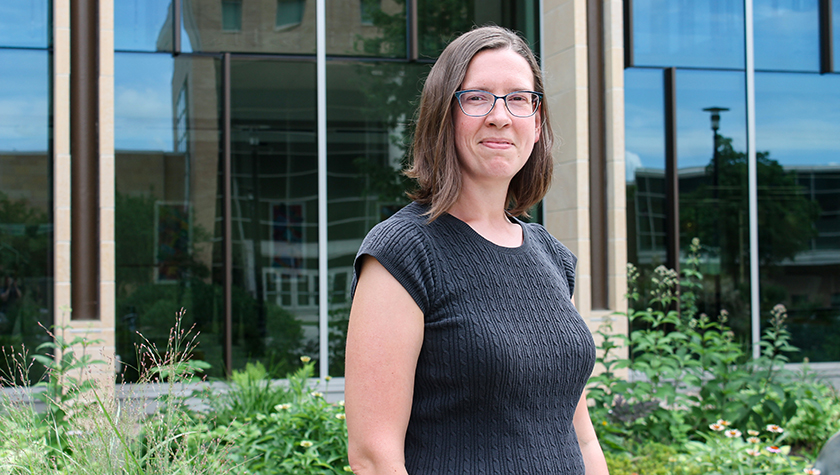
Through a National Institute of Justice grant, Assistant Professor Heather Barkholtz aims to tease out the toxicological difference between mirror-image meth isomers.